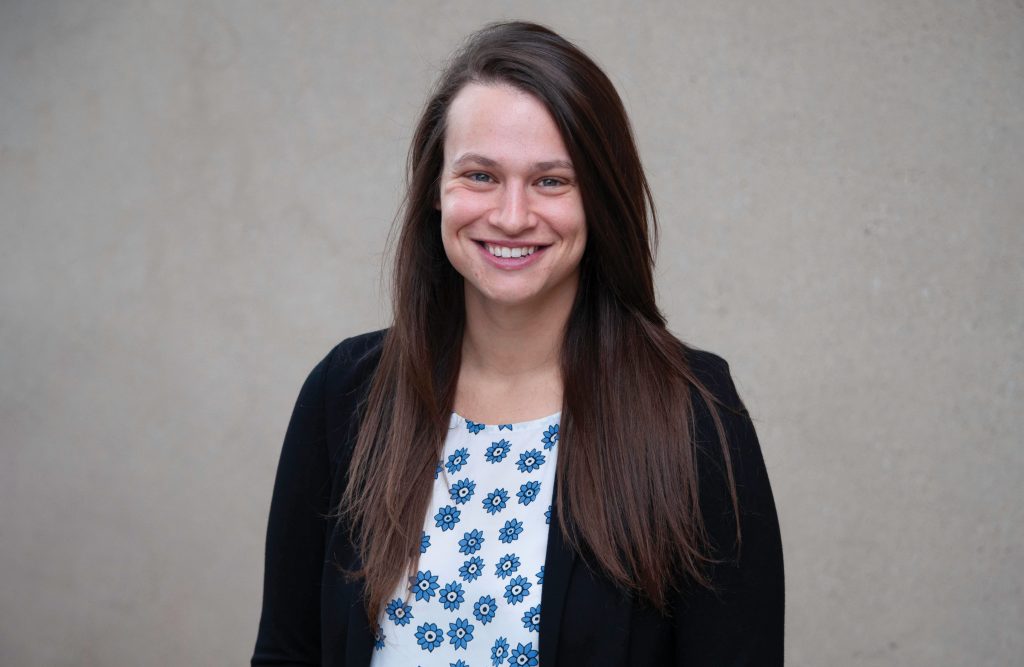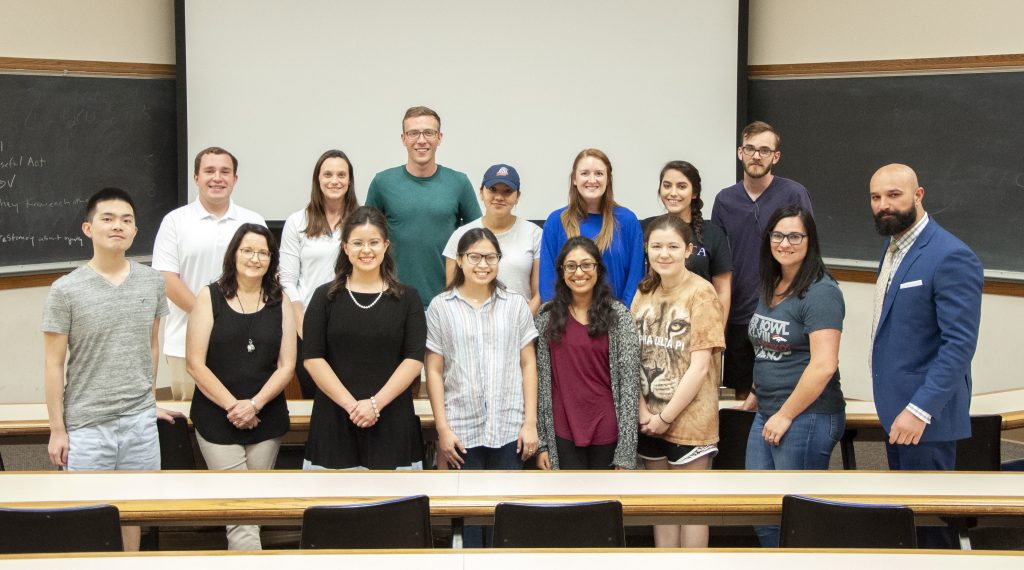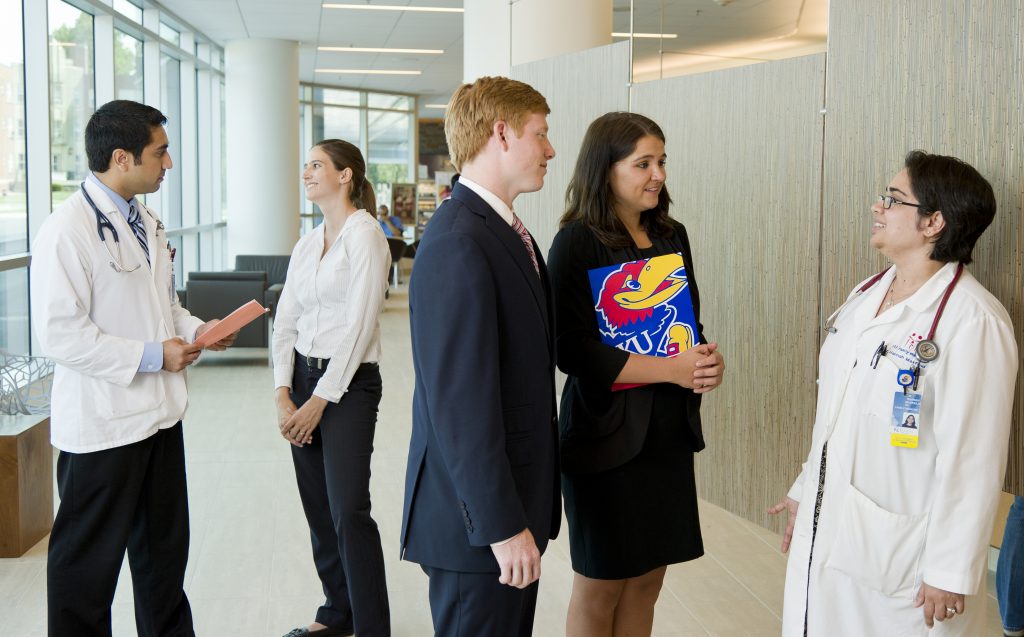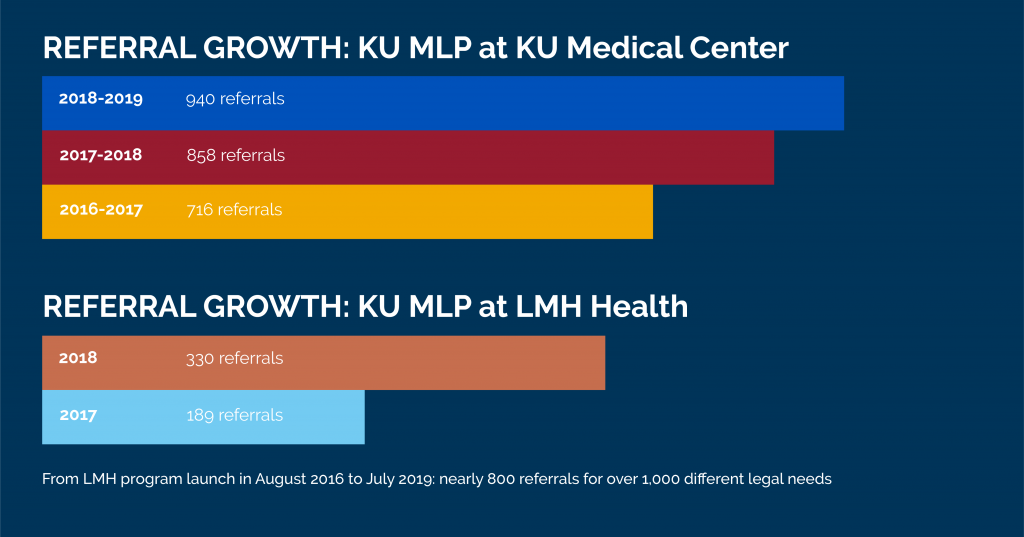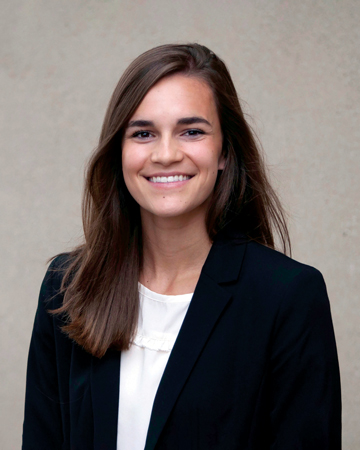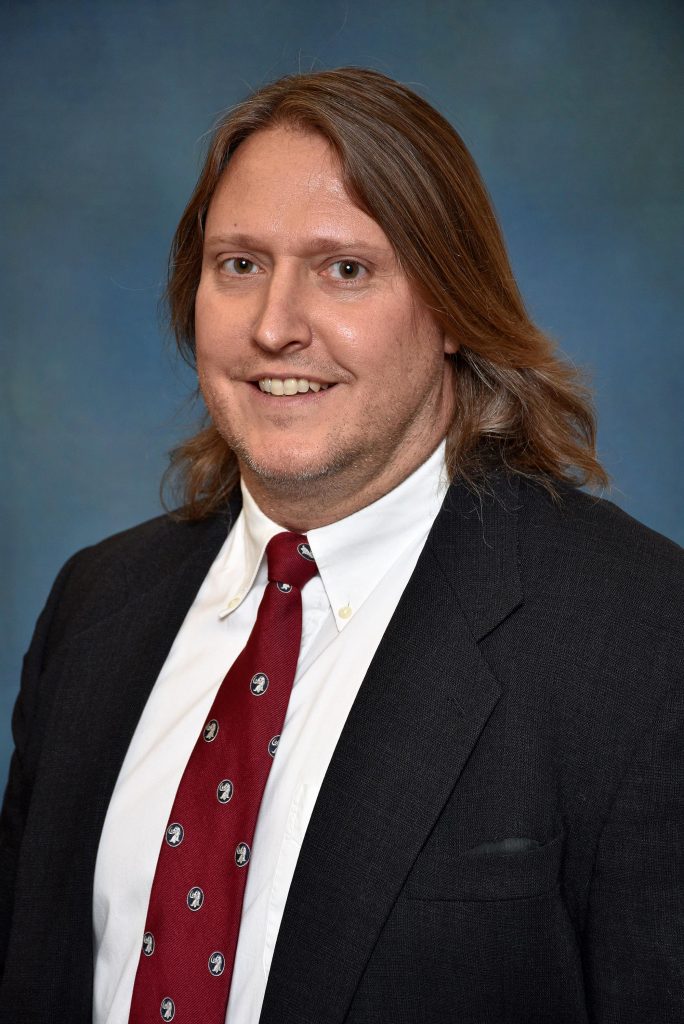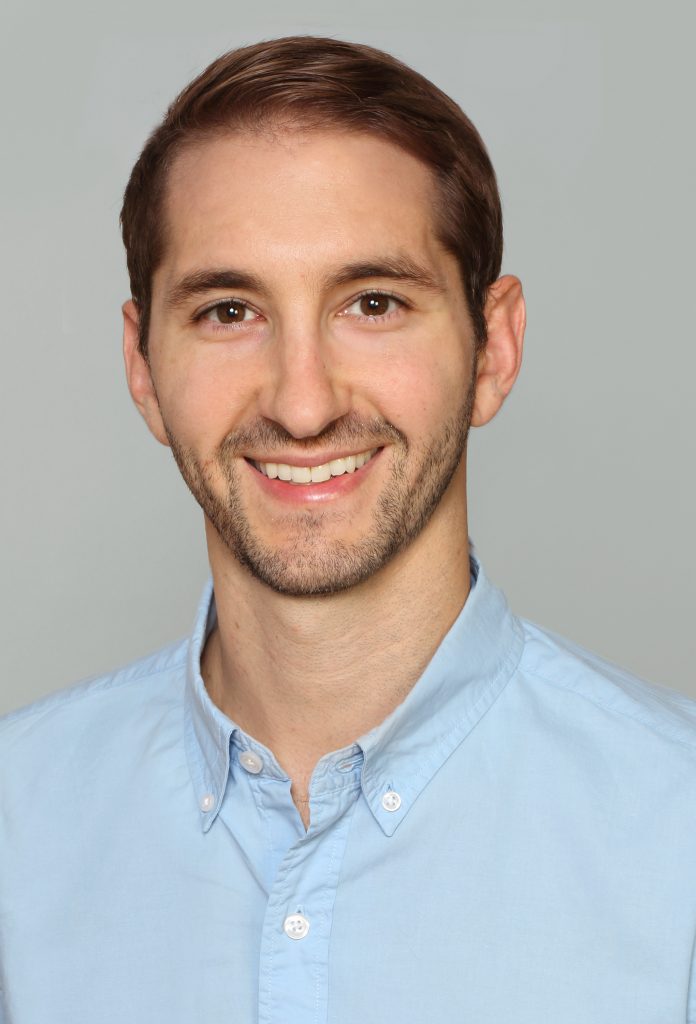
KU Law faculty research addresses environmental concerns
Sustainability is a global issue. As sustainability concerns and environmental threats occupy an ever-growing role in international affairs, KU Law faculty have placed an emphasis on scholarship, policy work and course offerings in this area.
“We see sustainability as a core focus of our international and comparative law programs,” said Virginia Harper Ho, associate dean for international and comparative law. “These issues cross not only geographic boundaries but also legal disciplines from environmental law and natural resources, to intellectual property, jurisdiction and finance, to immigration and national security.”
More than one-third of the law school’s faculty are engaged in teaching or research on international and comparative law issues. Of that group, a growing number are working on projects related to sustainability issues and impacts.
Below are highlights of recent faculty scholarship in the broad field of global sustainability.
Virginia Harper Ho: Green finance
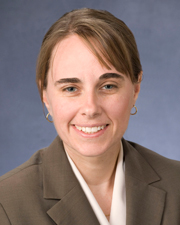
Companies and investors are increasingly concerned about the financial impacts of climate risk and other environmental, social and governance (ESG) concerns.
Professor Virginia Harper Ho’s research offers new evidence and policy solutions to help corporate boards, investors and regulators confront those challenges. Her work focuses on corporate governance, sustainability and finance from a comparative perspective, with recent projects covering green finance and shareholder activism around ESG issues and ESG disclosure reform for publicly traded companies.
“Over 60 governments around the world, and international organizations from the United Nations to the G20’s Financial Stability Board, are also developing standards that can help companies be more transparent about climate risk and help financial markets do better about taking those risks into account,” Harper Ho said.
Several of Harper Ho’s recent articles focus on the financial incentives for large investors to shape how companies address climate impacts and environmental risks. In 2017, she authored a brief report on investor priorities for The Conference Board, a global business think tank. Several of her recent articles have received research awards.
“My latest work presents empirical evidence of where the views of investors and business groups align – or not – on how the Securities and Exchange Commission should revise public company reporting rules to address ESG risks,” Harper Ho said.
Harper Ho is also an expert on contemporary Chinese legal reform. Her most recent projects shed light on how China is implementing its national policy framework for sustainable finance. Harper Ho’s article in the Cornell International Law Journal is one of the first to look at Chinese banks’ efforts to introduce green lending practices. In 2018, she was a visiting research fellow at the Central University of Finance & Economics’ International Institute of Green Finance in Beijing. While there, she joined local scholars at the Institute in conducting field research on Chinese policy proposals to align financial systems with sustainable development goals.
Harper Ho has presented her work at the United Nations’ Principles for Responsible Investment annual academic conference and at leading universities in the U.S. and abroad.
John Head: International law and environmental protection
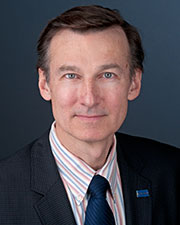
Climate change poses challenges to global production. Meeting those challenges will require legal and institutional reform on a global scale.
That’s where John Head’s research comes in. Head is three books in on a four-book series about the intersection of international law, agricultural reform and environmental protection. In 2016, he received a Fulbright fellowship – the third in his career – from the U.S. Department of State, to further his scholarship in the area.
Head’s research aims to examine and contribute to efforts at reforming global agriculture in ways that will help address crises in the areas of climate change, ecological degradation and food insecurity. Reflecting his international law specialization, his work gives special emphasis to concepts of sovereignty, global governance and the public trust doctrine.
“My overall aim is to design new legal and institutional frameworks to facilitate a transformation of agriculture to a sustainable system,” Head said.
Head presented on the topic at the Institute for Comparative Federalism in Bolzano, Italy, during a fall 2018 research semester.
Uma Outka: Energy law and environmental law
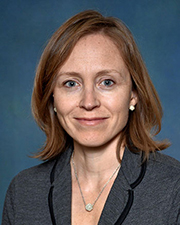
Professor Uma Outka’s research focuses on the intersection between energy systems and the environment.
“The transition to low-carbon energy sources is underway around the globe as nations strive to meet the goals of the United Nations Convention on Climate Change,” Outka said. “My work engages this transition from multiple angles, considering legal pathways and barriers to decarbonization.”
In recent work, Outka has studied the evolving role of the consumer on the electric grid. The work considers large corporate consumers’ demands for clean power on the one hand and the place of low-income households in energy law on the other, she said.
Outka traveled to India in May 2018 to explore climate change solutions rooted in renewable energy law and policy with Indian students and faculty. She co-taught a course at the Rajiv Gandhi School of Intellectual Property Law in Kharagpur, India. She taught the course with Professor Uday Shankar.
“Collaborating on the course deepened our understanding of the context for scaling up renewable energy in the U.S. and India,” Outka said. “Climate change is a global issue, and every country has to approach climate mitigation in ways that work for its unique circumstances.”
The course was funded by the Global Initiative for Academic Networks, an effort by the Indian government to foster international connections through its higher education system. Shankar invited Outka to provide international context for India’s renewable energy law policies and to offer comparative legal perspectives.
“This is a really interesting time for energy law. Virtually every country in the world shares a goal to decarbonize the electricity system and shift to low-carbon sources,” Outka said.
— By Ashley Golledge and Margaret Hair
